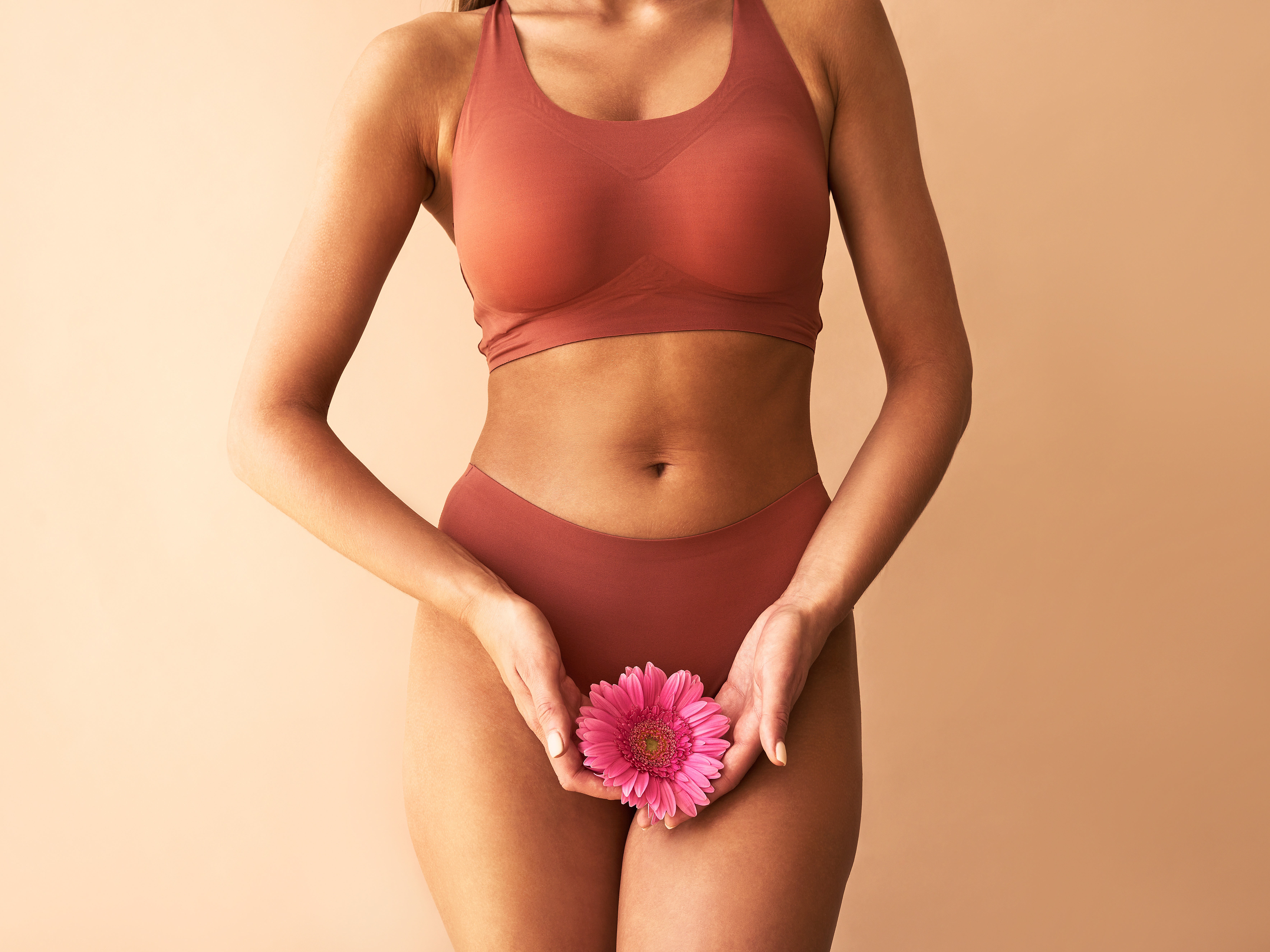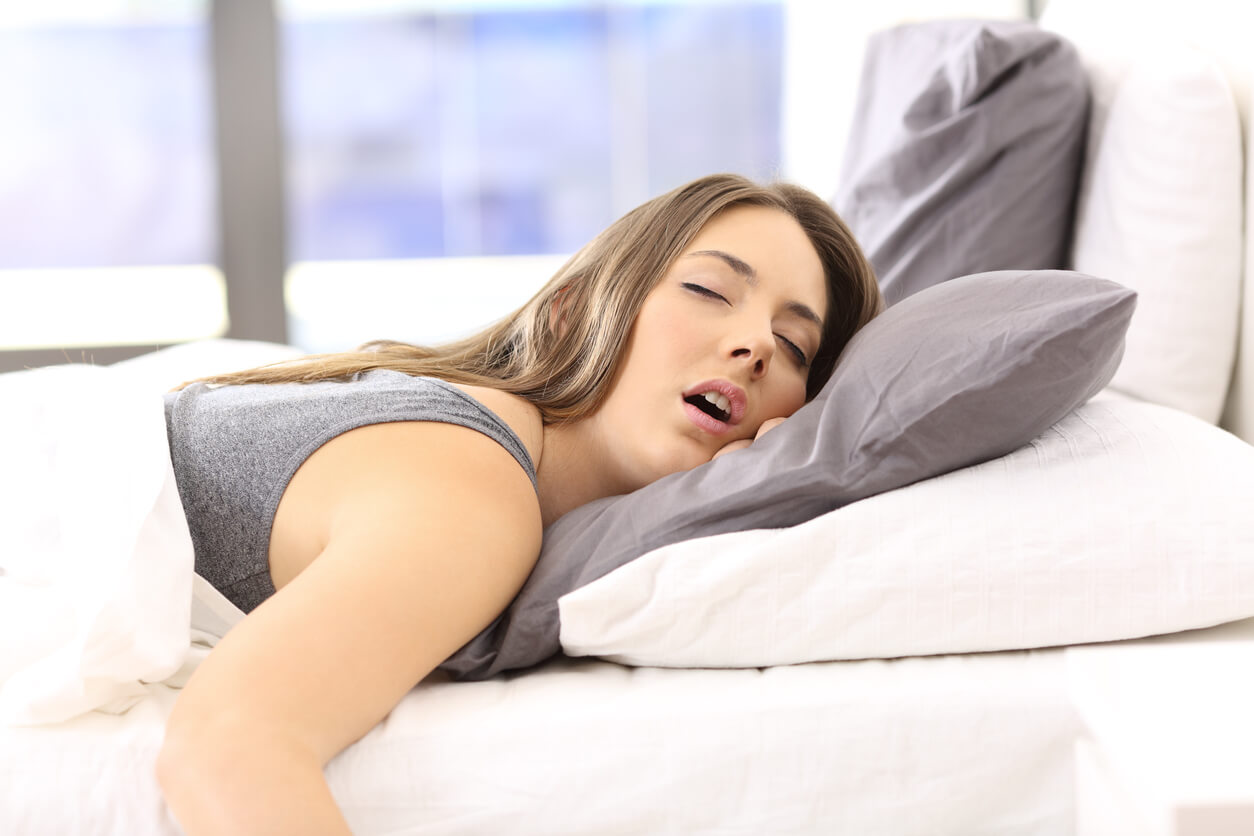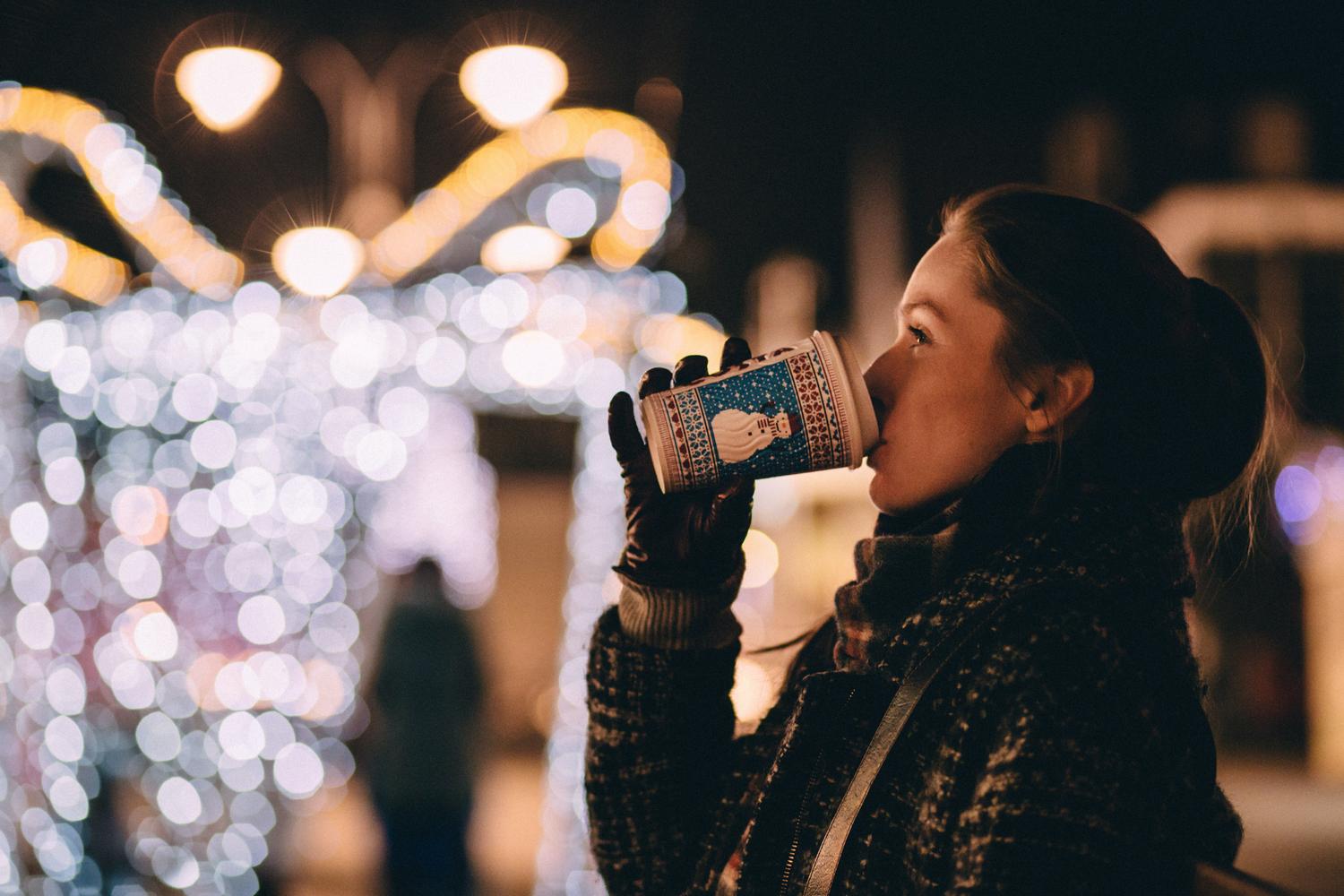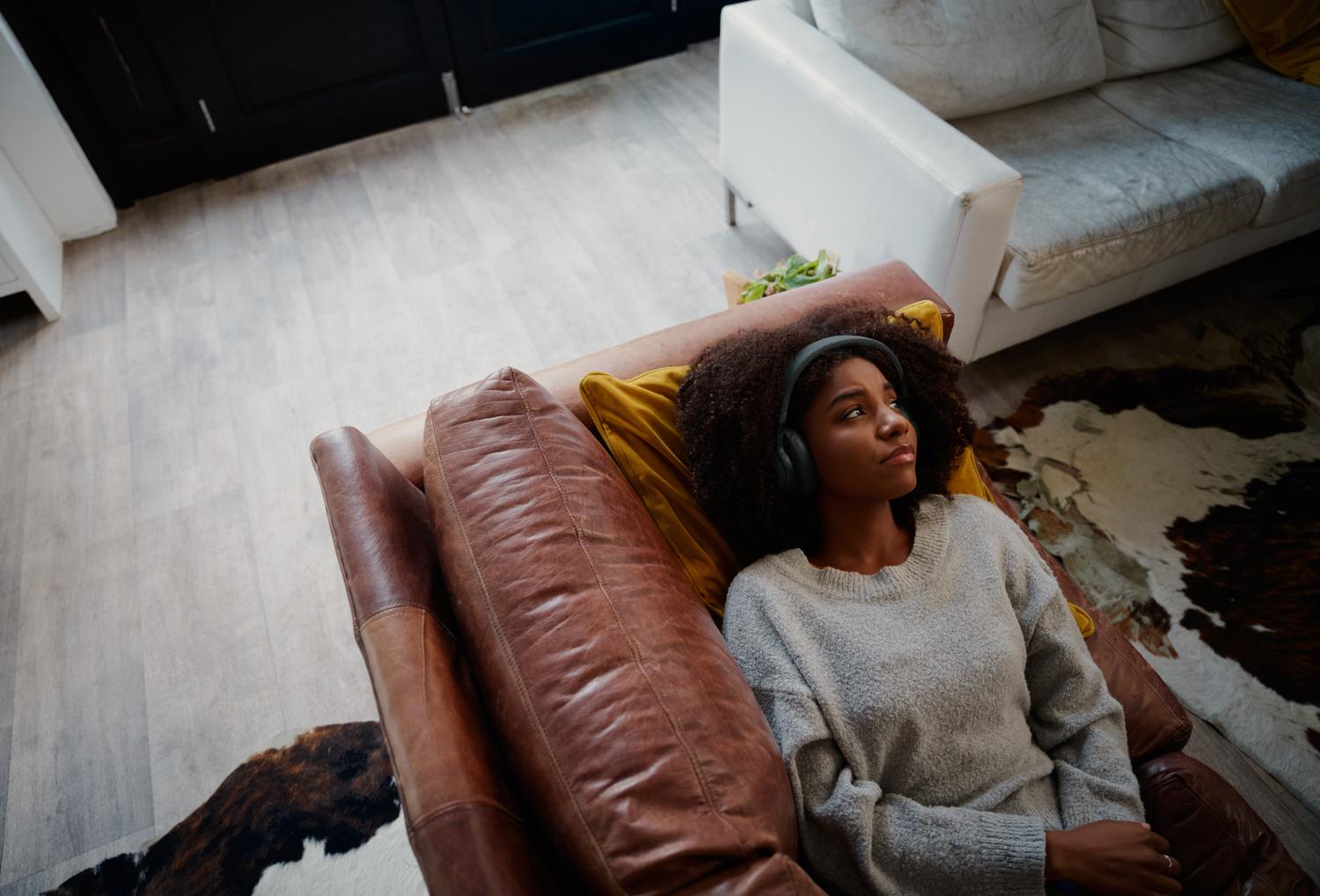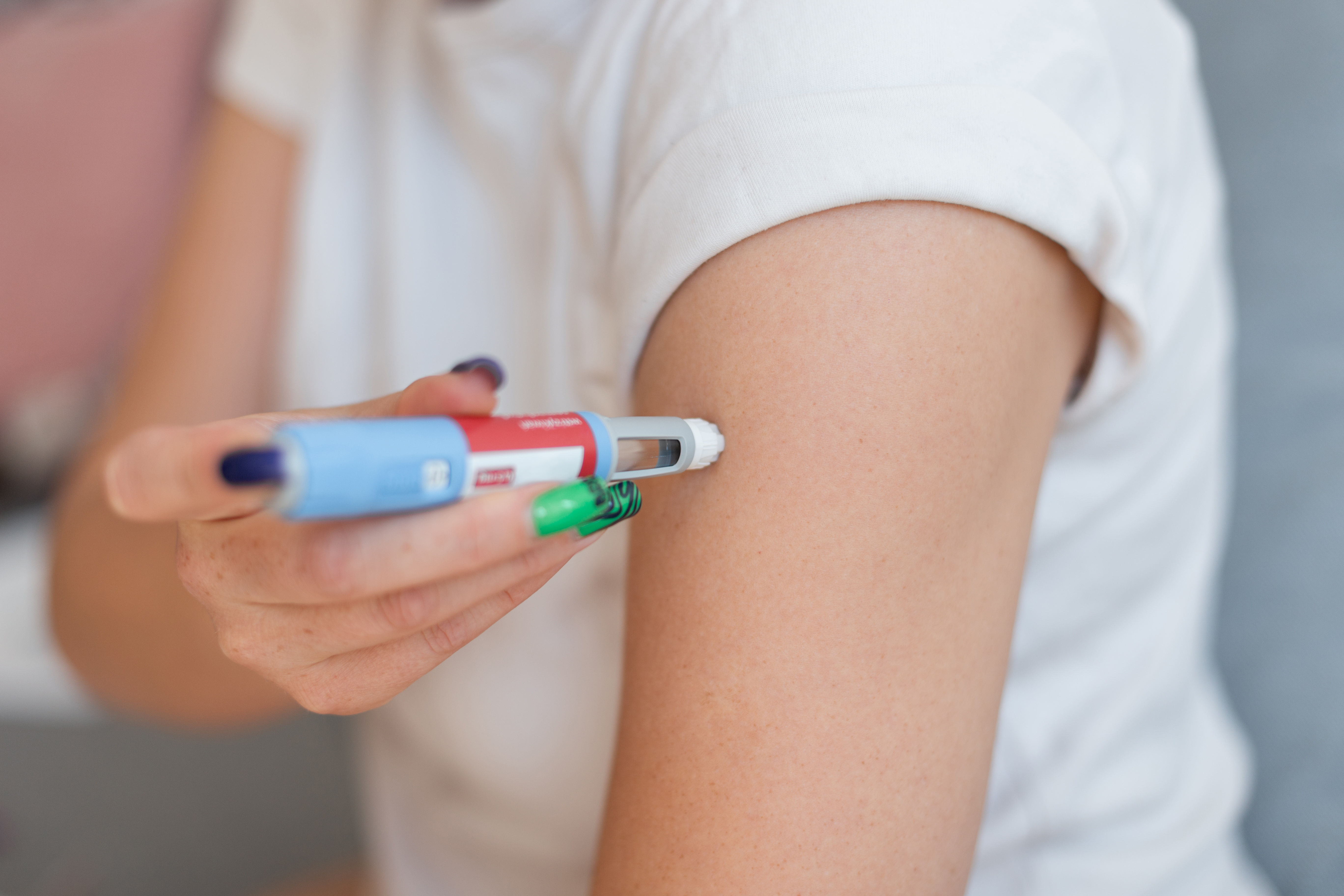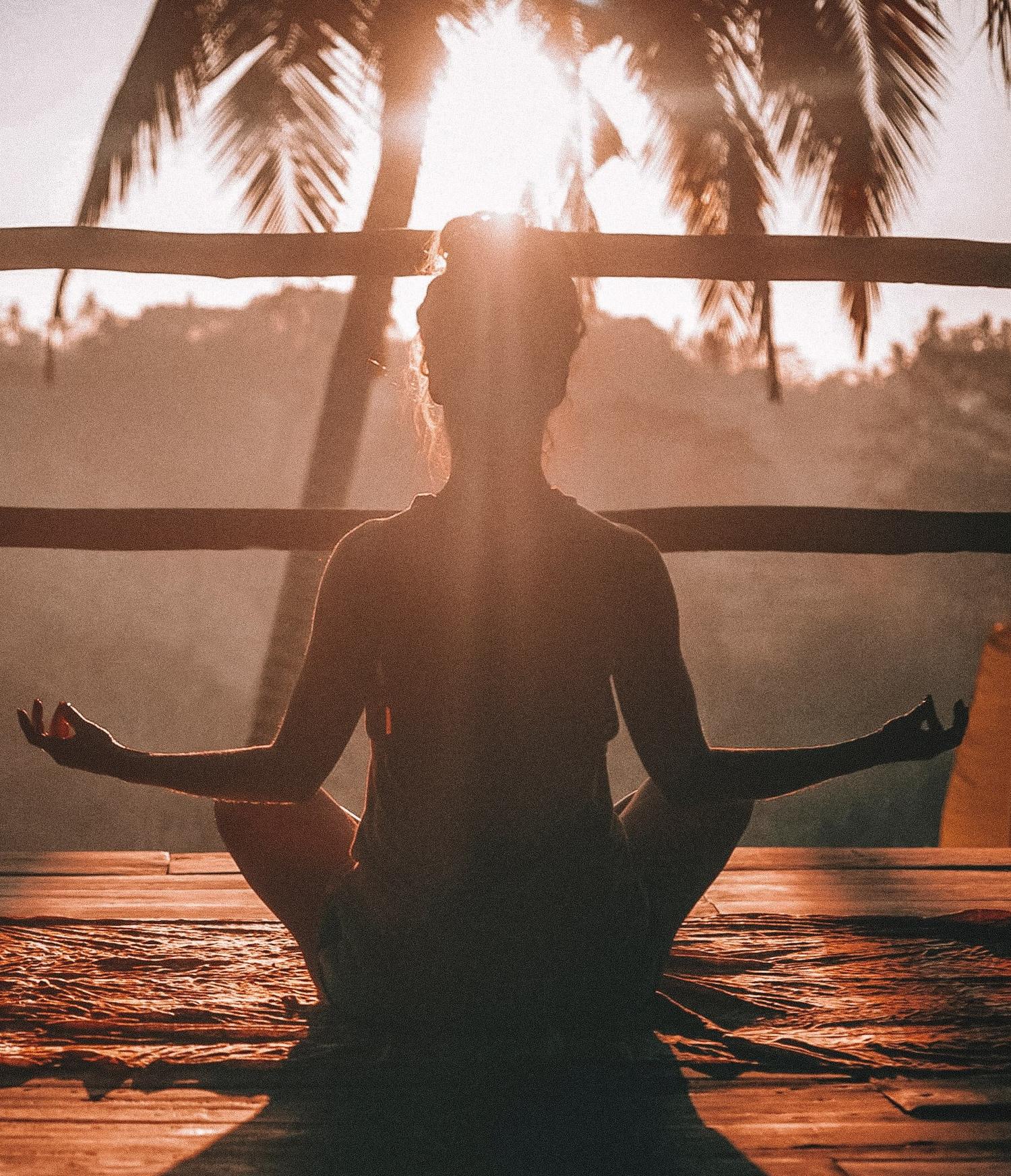Sober Curious? What You Need to Know
Key Takeaways
- Being "sober curious" means exploring your relationship with alcohol and questioning why, when, and how much you drink.
- Taking a break or cutting back on your drinking can improve sleep, mood, immunity, and overall health.
- Helpful tips for exploring sober curiousity include setting limits, identifying drinking triggers, and trying alcohol-free alternatives.
The "sober curious movement" is a growing group of people taking a mindful approach to alcohol intake and drinking culture. Sober curiosity has a broad range of purposes when practiced by different people.
The sober curious lifestyle may mean totally avoiding alcohol or a deliberate examination of one’s drinking habits. This article will detail the origins of the sober curious movement, ways to be sober curious, and how mindful drinking can affect your physical and mental health.
What is sober curiosity?
Sober curiosity is the idea of being more mindful about your drinking habits. You might have heard of things like Dry January or Sober October—those are month-long challenges where people take a break from alcohol. Many use them as a chance to reset and reflect on their drinking.
The term "sober curious" was introduced by Ruby Warrington, an author who started a movement to encourage people to think more intentionally about alcohol. In her 2018 book Sober Curious, she shares her own story and explores how alcohol shows up in our culture and daily lives.
Unlike programs like Alcoholics Anonymous, which focus on complete sobriety, sober curiosity is more flexible. It’s not about quitting drinking entirely unless that’s what you want. Instead, it’s about asking yourself honest questions: Why am I drinking right now? Do I really want this drink? What role does alcohol play in my life?
For some, this might lead to giving up alcohol completely. For others, it may just mean cutting back or being more selective about when and why they drink. There’s no strict rulebook—it’s a personal path that encourages awareness, not judgment.
Sober curiosity vs. sobriety: what's the difference?
Sober curiosity and sobriety are not the same — and the difference comes down to intention and need.
Sober curiosity is about mindfully exploring your relationship with alcohol.You might still drink occasionally, but with more awareness and intention. Typically, sober curious people haven’t experienced addiction or alcohol-related harm.
If you’re sober curious, you might:
- Drink socially but not every day
- Rarely (or never) feel cravings
- Wonder how alcohol affects your mood, health, or habits
- Want to cut back — without quitting entirely
Sobriety often means completely avoiding alcohol. It’s usually part of a treatment plan for alcohol use disorder or addiction. Sobriety is a necessary, ongoing commitment for many to protect their health and well-being.
Sober curiosity is not recommended for those with:
- Alcohol use disorder (AUD)
- A history of substance abuse
- Strong cravings or physical dependency
In these cases, full sobriety and professional support are often the safest path.
How to be sober curious
As suggested, there is no one way to “be sober curious." When you adopt a sober curious lifestyle, you may choose to only drink on special occasions with loved ones, or you may never touch an alcoholic beverage again. It depends on your relationship with alcohol and the changes you want to make in your life.
If you want to try the sober curious lifestyle, start by adopting these 3 simple strategies:
1. Pay attention to your drinking habits
One of the first steps to becoming sober curious is turning that curiosity on your habits. Do you tend to drink socially or alone? Do you have specific triggers that make you want to drink, such as social situations, work functions, or stressful events? When you drink, how much do you drink, and how easily do you stop?
As you begin to take stock of your habits, it is also beneficial to examine how alcohol makes you feel when you drink it. Does it help your stress or aggravate it? Do the hangovers that result from a night of binge drinking cause you anxiety or physical discomfort? Does drinking socially help you become more outgoing, or does it make you turn inward and moody?
Different people will have different answers to all of these questions. But these inquiries will help you better understand what drinking means to you and what cutting back could mean.
2. Make your own plan
After thinking about your relationship with alcohol, make a plan to either cut out drinking or curb your drinking. Your plan may mean adhering to a one-drink-a-week rule (like having one glass of wine on a Friday night) or forgoing alcohol for the foreseeable future.
If you do choose to limit rather than stop your alcohol use, consider the benefits of that one drink. Are you still using substance use to cope with stress? By only drinking socially, are you using alcohol to lubricate yourself with liquid courage when a more mindful and considered approach to socialization may pay greater dividends? Of course, you don’t need to quit drinking totally. That flexibility is a cornerstone of the movement, but if you do, consider why you’re choosing to drink even in limited quantities.
If you want to abstain from alcohol entirely, consider starting off by doing so for a limited period of time. This is where a Sober October or Dry January may come in. A limited reprieve from drinking can introduce some of the health benefits that come from sobriety while giving you a more attainable goal to start with.
3. Set yourself up for sustainability
Sober curiosity is non-judgmental, meaning that there is no success or failure. Think, instead, in terms of sustainability. How does it feel to maintain this mindfulness around drinking?
There are several ways to help yourself sustain a sober curious lifestyle. Practicing sober curiosity for predetermined windows of time lessens the stress of going cold turkey and hoping the change will last forever.
In addition, you can find fun ways to socialize and enjoy yourself without drinking alcohol. Consider ordering a mocktail instead of your go-to cocktail if you’re out at a bar or club with friends. Depending on the watering hole, this may be a soda and lime or a fancy showstopper made with alcohol-free ingredients. With sober curiosity gaining steam across the country, many bars and restaurants now feature a non-alcoholic drink menu that will allow you to feel like you’re indulging yourself without imbibing.
Health benefits of sober curiosity
Alcohol use has a wide range of effects on our bodies and minds. It can affect sleep, mental health, and physical well-being in equally. Studies have shown that even one month of sobriety can provide health benefits. Over the long term, refraining from drinking has a positive impact on your health in ways that include:
- Better sleep
- Lower blood pressure
- A stronger immune system
- Reduced risk of liver disease and heart disease
- Reduced risk of cancer
- Decreased risk of depression and other mental health conditions
While additional effects are often anecdotal, some people have found that curbing drinking has improved their skin health, energy levels, and mood.
Alcohol use in America
According to the 2023 National Survey on Drug Use and Health (NSDUH), 28.9 million Americans over 12 years of age had alcohol use disorder in that year. The National Institute on Alcohol Abuse and Alcoholism defines alcohol use disorder as “a medical condition characterized by an impaired ability to stop or control alcohol use despite adverse social, occupational, or health consequences.”
One-quarter (25%) of American men and women had at least one day of binge drinking (five or more drinks for men, four or more for women) in the past year. Roughly 385 Americans die from excessive alcohol use every day, and Americans as a whole lose over 3.6 million years of potential life each year due to excessive drinking.
While the United States drinks less than other countries in the world, these numbers still reflect the harmful effects that alcohol use has on our collective health and well-being.
Sober curiosity is a way of reframing your relationship with drinking habits in a non-judgmental, individualized way.
Sober curious resources
Want more information about the sober curiosity movement for yourself or a loved one? Consider checking out these resources:
- Ruby Warrington’s book and accompanying podcast
- The Reframe App, an app which offers daily tools for changing the way you think about your drinking.
- SMART Recovery, a website that offers toolkits, handbooks, a mobile app, and more to support yourself and others through the sober curious journey.
How Sesame can help
In addition to the resources listed above, healthcare providers on Sesame can talk you through your questions or concerns regarding your drinking or sobriety during an online mental health appointment.
These convenient and affordable video visits connect you to licensed mental health care experts who can provide professional advice regarding your substance use and possible treatment options.


